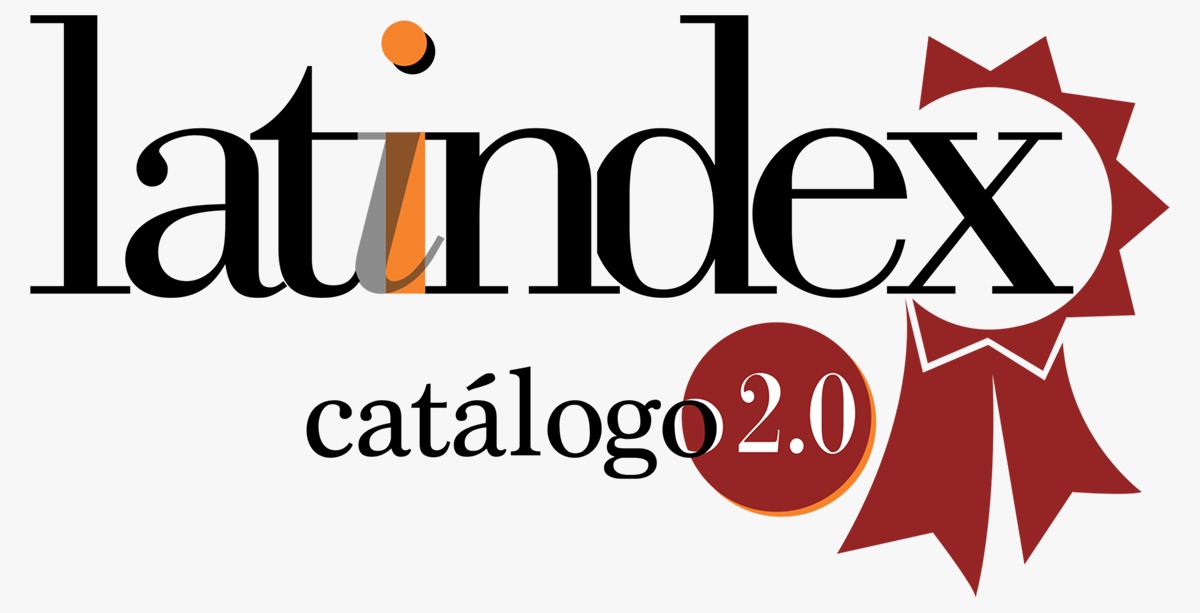Self-efficacy in learning and academic performance in mathematics in sixth grade students of primary education of the IEP nº 3710 "Sacred Hearts". Stone bridge. Lima
DOI:
https://doi.org/10.47865/igob.vol6.n22.2023.252Keywords:
Self-efficacy in learning, Academic performance, 6th gradeAbstract
This study has a quantitative approach, uses the hypothetical deductive experimental level method, is basic and has a causal correlational design. Self-efficacy in learning, academic performance in mathematics in 6th grade. of the primary level is the sample. Validity and reliability are requirements of the two questionnaires. There is a significant statistical correlation between self-efficacy in learning and academic performance in the sample. We use Spearman's Rho statistic with a confidence level of 95% and its results (correlation coefficient is 0.489 and p_value is 0.000) allows us to conclude that there is a moderate and direct correlation according to what was stated in The hypothesis test rejects the null hypothesis and accepts the alternative hypothesis, which says that self-efficacy in learning does have a significant relationship with the teaching performance in mathematics of the students of the school "Sagrados Corazones, N. 3710 of Puente Piedra. Lime.
Downloads
References
Alaya, S. (2008) Relación entre autoeficacia en el aprendizaje y el nivel de logro en el área de matemática en dos instituciones educativas del Callao, Lima: Universidad Enrique Guzmán y Valle
Alcarraz, P (2007). Desempeño académico. Madrid: Paidós Ibérica, 78 págs.
Ashton, P y Webb, R (2003): Haciendo la diferencia: sentido de la eficiencia en estudiantes: New York: Longman, 187 págs.
Bandura, A (1995) “Autoeficacia en la sociedad de cambios, New York: Cambridge University Press, 354 págs.
Bandura, A (2001) Guía para la construcción de escalas de autoeficacia en http:77 www.revistaevaluar.com.ar7effquideSpanish.htm.
Camelo-Lavadores, A., Sánchez-Escobedo, P. y Pinto-Sosa, J. (2017). Autoeficacia académica de los estudiantes de alto rendimiento en México. Journal of Curriculum and Teaching, 6(2), 84. https://doi.org/10.5430/jct.v6n2p84
Cartwright, D. (2006) Análisis del desempeño académico en México. México: Secretaria de Educación Pública, 67 págs.
Fermín, R. (2008) Desenvolvimiento académico hoy. Barcelona: Kairós, 245 págs.
Galleguillos-Herrera, P. y Olmedo-Moreno, E. (2019). Autoeficacia y motivación académica: Una medición para el logro de objetivos escolares. European Journal of Investigation in Health, Psychology and Education, 9(3), 119–135. https://doi.org/10.30552/ejihpe.v9i3.329
García-Fernández, J., Inglés-Saura, C., Vincent, M., Gonzálvez C., Lagos, N. y Pérez-Sánchez (2016). Relación entre autoeficacia y autoatribuciones académicas en estudiantes chilenos. Universitas Psychologica, 15(1), 79-88. http://dx.doi.org/10.11144/Javeriana.upsy15-1.raaa
Gazo, A., Mahasneh, A., Abood, M. y Muhediat, F. (2020). La autoeficacia social y su relación con la soledad y la adicción a Internet entre estudiantes de la Universidad Hashemite. Jordania: International Journal of Higher Education, 9(2), 144–155. https://doi.org/10.5430/ijhe.v9n2p144
Gonzales, G. (2007) Desempeño en el aprendizaje. Madrid: Paidós Ibérica, 234 págs.
Hendrie, K. y Bastacini, M. (2019). Autorregulación en estudiantes universitarios: Estrategias de aprendizaje, motivación y emociones. Revista Educación, 44, 29. https://doi.org/10.15517/revedu.v44i1.37713
Lent R. y Hackett, G.(2002) Autoeficacia, Buenos Aires, en Revista Psicología y Conducta, Nº 30, pp. 347 – 382
López, O. y Valencia, N. (2012). Diferencias individuales en el desarrollo de la autoeficacia y el logro académico. 15(11), 29–41.
Mao, Y., Yang, R., Bonaiuto, M., Ma, J. y Harmat, L. (2020). ¿Puede el flujo aliviar la ansiedad? Los roles de la autoeficacia académica y la autoestima en la construcción de la sostenibilidad psicológica y la resiliencia. Sostenibilidad 2020, 12, 2987.
Özer, Z. y Yetkin, R. (2018). Caminando a través de diferentes caminos: autoeficacia académica y comportamientos de dilación académica de los maestros de pre-servicio. Journal of Language and Linguistic Studies, 14(2), 89-99.
Pajares, L (2001) Desarrollo de habilidades de autoeficacia en niños, Buenos Aires, en Revista Psicológica Educativa, Nº8, pp. 76-86.
Pajares, L. y Schunk, D. (2002) “Autoeficacia, educación e instrucción, New York: Plenum Press, 178 págs.
Quiroz, F. (2001) Desempeño académico en educación superior. Barcelona: Kairós, 233 págs.
Schunk, D. (2008) Efecto del esfuerzo motivacional, autoeficacia percibida y rendimiento, en Journal of Educational Phycology, Nº 74, pp. 548-556
Tinajero, C., Martínez-López, Z., Rodríguez, M. & Páramo, M. (2020). Perceived social support as a predictor of academic success in Spanish university students. 36, 134–142.
Vera, E. (2009) Programa de hábitos de estudio en alumnos universitarios con bajo rendimiento académico. Lima: Cultura, 500 págs.
Vildoso, R. (2003) El desempeño académico en universitarios. Colombia: Magisterio, 234 págs.
Zamora-Araya, A. & Rica, C. (2020). Impacts of attitudes, social development, mother’s educational level and self- efficacy on academic achievement in mathematics. UNICIENCIA Vol. 34, N° 1, pp. 74-8734, 74–87.
Zimmerman, B. (2005) Autoeficacia y desarrollo educativo, New York: Cambridge University Press, 189 págs.
Zimmerman, B. y Martínez, L (2003) Perspectiva de la teoría social cognitiva en educación, México: Trillas, 225 págs.
Zimmerman, B. y Ringle, F (2004) Aprendizaje autorregulado, México: Trillas, 165 págs.
Downloads
Published
How to Cite
Issue
Section
License

This work is licensed under a Creative Commons Attribution-NonCommercial-ShareAlike 4.0 International License.
Esta obra está bajo una licencia internacional Creative Commons Atribución-NoComercial-CompartirIgual 4.0.
















